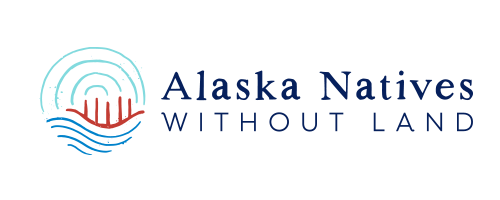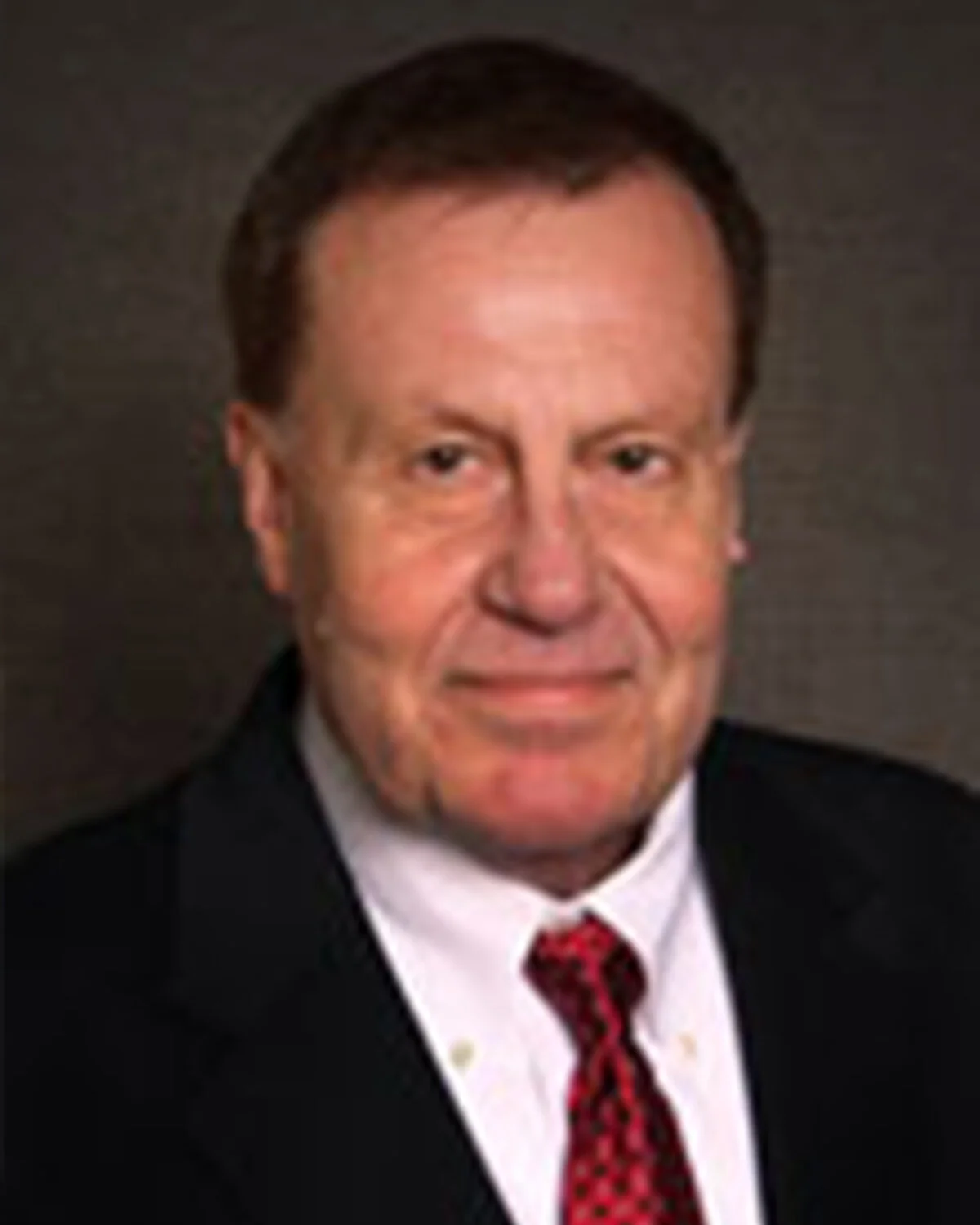Meet the Team…
Cecilia Tavoliero
Cecilia is the President of the Southeast Alaska Landless Corporation (SALC) and an original shareholder of Petersburg. She is Tlingit of the Raven moiety and belongs to the T’akdeintaan (Sea Pigeon Clan).
Randy Williams
Randy is Tlingit and was born in Ketchikan. He has worked for Tlingit & Haida Central Council and the Ketchikan Indian Community, in addition to managing Tribal Casinos down south. He was the CEO of the Colville Tribal Enterprise Corporation, where he was in charge of a lumber mill and a plywood mill, logging operation, three gas and grocery stores, three casinos and several small Tribal businesses. Randy currently owns Four Winds Qw'aan, a management and consultant company, and opened and managed the Puyallup Emerald Queen and the Muckleshoot Casino. Over the years, Randy has owned 3 successful businesses, a UPS store, and two Washington State card rooms. He is currently the President of Natives Without Land (Ketchikan) and on the Ketchikan Indian Tribal Council. Randy graduated from Dartmouth College with a degree in Political Science and Education. He is a fisherman, grandfather, and lifelong landless advocate who believes in the recognition of his people and the opportunities that ANCSA inclusion would allow them.
Alan Mintz
Alan Mintz practices law with the Washington, D.C. firm, Van Ness Feldman and has been actively involved in land and natural resources issues for over 40 years. Alan represents many Alaskan interests, but he particularly specializes in the interests of Alaska Native communities before Congress and the Federal Administration. Alan and his firm have provided counsel to Sealaska Regional Corporation for the past 30 years, along with the recent addition of the Alaska Natives Without Land campaign.
Brenda Louise
Brenda was born and raised in Petersburg and has been raising 6 generations of family on the land of her ancestors. Her Tlingit name is Tleikw Ka'kw, which means “small berries in a basket,” and she is Raven of the Taantatwaan, Tongass Tribe. Brenda is the daughter of Victor R. Guthrie Sr., a dedicated advocate for the landless who spent over 20 years working to resolve the left out communities. While Guthrie Sr. walked into the forest without seeing a resolution, Brenda continues the work of her father as a voice for Petersburg.
Jaeleen Kookesh
Jaeleen leads Sealaska’s public policy efforts, advocating for Alaska Native rights and privileges at local, state and national levels. Her work focuses primarily on subsistence rights, land allotments, and rural area education. She also oversees shareholder board of directors’ elections annually. She carries two clan names from the L’eeneidí (Dog Salmon) Central house in Angoon including Kajoohein and Kinagoo.ut. She is a child of the Teikweidí (Brown Bear) Clan.
Richard (Tashee) Rinehart
Richard was born and raised in Wrangell, one of the 5 landless communities left out of ANCSA. He is Tlingit and belongs to the Kiks.ádi (Frog Clan). Richard is the CEO for the Tlingit Haida Tribal Business Corporation and was formerly the CEO for the Nisqually Board of Economic Development, LLC, and the chairman & CEO for WHH Nisqually Federal Service, LLC and Nisqually Markets, LLC. Richard serves on the Sealaska Board of Directors where he was the former Vice President and Chief Financial Officer. Richard currently chairs the natural resource subsidiary Haa Aaní LLC and previously held several other executive management positions within Sealaska’s subsidiaries. Richard has experience as a Certified Management Accountant and Certified Financial Manager and holds his Masters of Business Administration (MBA) from Portland State University.
Cynthia Taylor
Cynthia is a retired educator from the Ketchikan Gateway Borough School District where she worked for 16 years. Upon ending her work with the school district, Cynthia opened up Taylor Made Childcare which she ran for 12 years. She now operates Taylor Made Essentials from her home 一 selling soaps, bath bombs, salves, and infused honey. Cynthia has lived in Ketchikan all of her life and enjoys the outdoors, gardening, spending time with her grandchildren, and fishing. Cynthia’s goal is to help the landless bill become a reality for the many people that have been waiting years for this injustice to be corrected.
Nicole Hallingstad
Nicole was born and raised in Petersburg, AK and currently lives and works in Anchorage, AK, helping transform the nation’s largest tribal consortium based in Bethel. She is Norwegian and Tlingit, of the Raven (Yeil) Moiety and Sea Pigeon (T'akdeintaan) Clan. Nicole’s Tlingit name is Ch’áak’ Tláa, which means Mother Eagle. She is the owner and CEO of A&A Solutions, LLC and has been a member of the Sealaska Board of Directors since June 2018.
Leo Barlow
Leo is a lifelong Alaskan born in Ketchikan and of Tsimshian and Alutiiq descent. He attended high school in Wrangell and graduated with a Bachelor’s degree in political science from Stanford University in 1975. Leo began his early career as a commercial fisherman in college and after graduation worked for the Commercial Fisheries Division in the Alaska Department of Fish and Game. Following that he worked as the first executive director of the Alaska Private Industry Council in Anchorage in the early 1980’s helping to train Alaskans for private sector job opportunities. In 1982, Leo was hired as a logging contracts administrator for Sealaska Timber Corporation, eventually becoming President and Chief Executive Officer of the parent company ─ Sealaska regional corporation ─ in 1992. After 15 years of work with Sealaska, Leo joined the National Cooperative Bank in Washington, D.C. where he managed the Alaska division in Anchorage until 2007. Leo then served as CEO of the Seldovia Native Association and has served as CEO for Tyonek Native corporation since 2016. Leo’s career has largely focused on natural resources, land management and Alaska Native corporation business operations. Today you can find Leo working and living in Anchorage with his wife and three children.
Harriet Brouillette
Harriet is a Haines Shareholder and the Tribal administrator for the Chilkoot Indian Association. She has spent the entirety of her adult life advocating for her community as well as the 4 others excluded from ANCSA and believes that Indigenous land rights are human rights.
Todd Antioquia
Todd is the Juneau representative for ANWL and has dedicated more than 22 years of his professional career to advancing causes, enterprise development and public policy benefiting Alaska Natives and American Indians and their communities. He is an enrolled member of the Tlingit & Haida Indian Tribes of Alaska, a clan member of the Tsaagweidí, Eagle Killerwhale, and his Tlingit name is Kaanaheík.
Andrew Vanderjack
Andrew VanderJack is a partner in the Washington, D.C. office of the law firm Van Ness Feldman. Andrew provides counsel to clients on matters involving Congress and federal agencies with a focus on Alaska Native law and policy, federal regulation of public lands and natural resources, and federal appropriations. Prior to his work with Van Ness Feldman, he worked for Senator Ted Stevens and served as a legal intern at the White House Council on Environmental Quality and at the U.S. Environmental Protection Agency. Andrew grew up in Craig, Long Island Logging Camp, Ketchikan, and Juneau, and while he practices law now, has worked on seine boats, for wildland fire crews, as a naturalist, and even guided on small cruise ships before moving to Washington D.C.
Georgiana Hotch
Georgiana is Raven of the Taakw/aanedi (Wood Worm) clan. Her father was Georgie Lewis Jr., born in Killisnoo, and her mother was Matilda Watson Lewis, born in Klawock. Georgiana serves on the Tribal Council for the Chilkoot Indian Association in addition to working as a family case worker with the CCTHITA. She is committed to seeing the five communities excluded from ANCSA recognized, included, and returned their traditional homelands.













